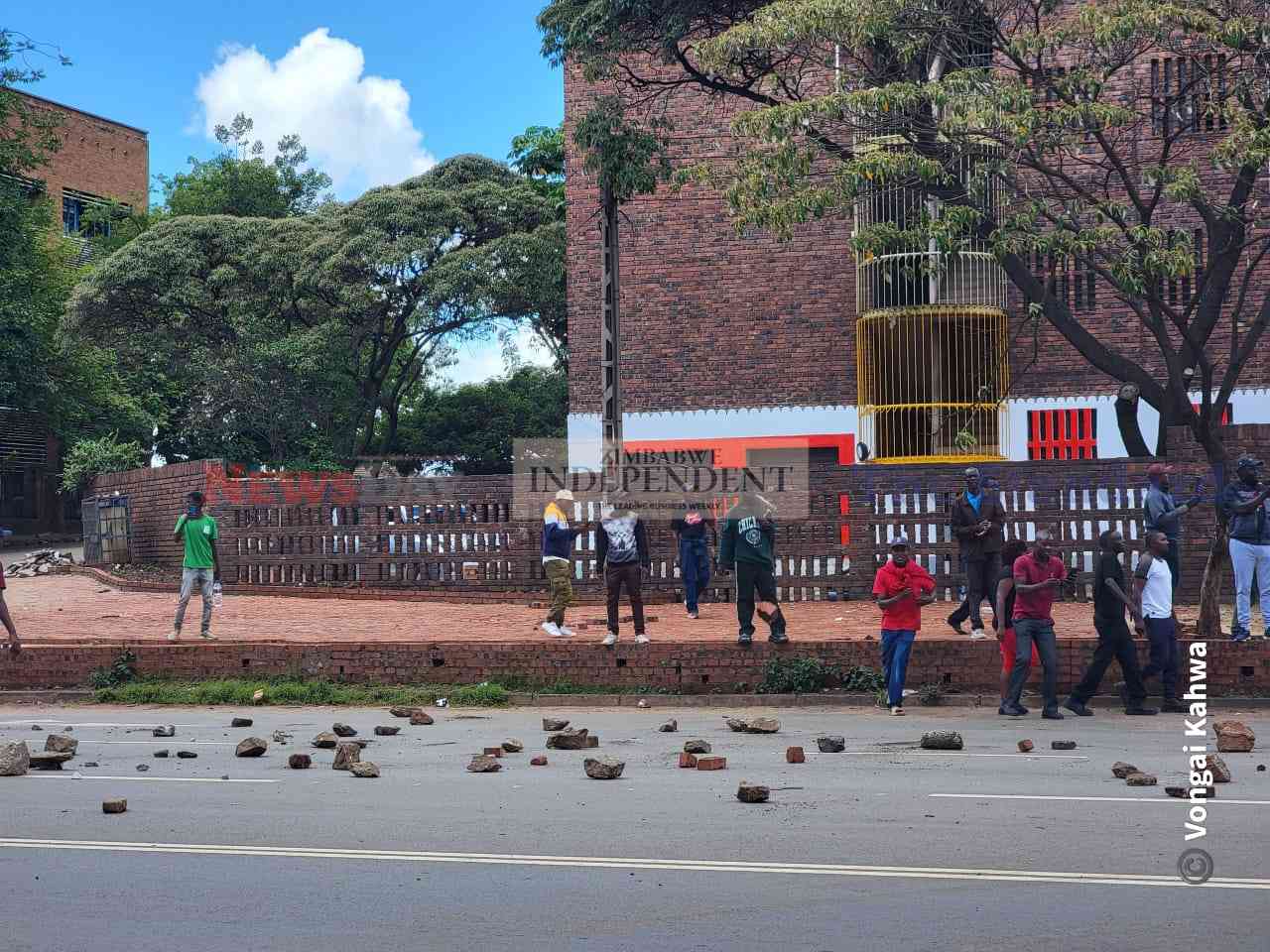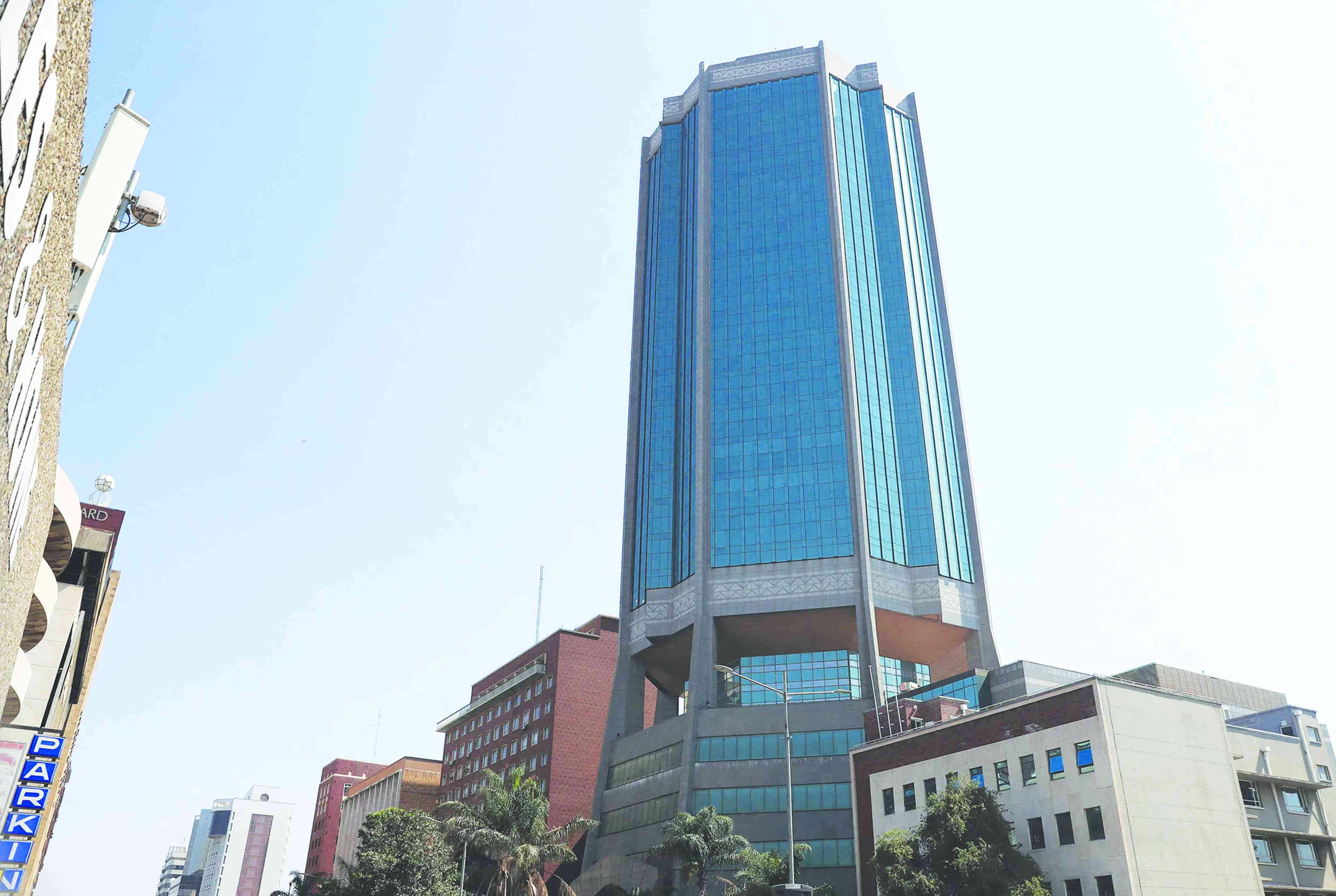
As law enforcement agencies battled to suppress Monday's demonstrations in Harare, I reflected on the consequence of earlier mass actions — boots on the streets, blood on the markets, a battered economy, and shattered dreams.
Today's bleeding agricultural sector, impaired by violent expulsions of white farmers in 2000, is a sad reminder of deep uncertainties rampant during the late Robert Mugabe's ruinous final years.
Mugabe's actions provoked a global backlash and tough embargos, after evolving into a violent sham that benefited his cronies.
This economy lost US$42 billion during the first decade of international isolation, which elicited an industrial bloodbath and investor exodus.
The sanctions amplified corruption and the plunder of US$14 billion from Zimbabwe's diamond endowment, which was pocketed by big shots wielding political power.
The ripple effects of instability and government's often tyrannical reaction to genuine concerns — also raised this week — have brought this economy on its knees.
The CEOs of Zimbabwe's biggest companies are downbeat.
This week, they narrated the shocks that gripped companies last year, and warned that complications have escalated.
- Mavhunga puts DeMbare into Chibuku quarterfinals
- Bulls to charge into Zimbabwe gold stocks
- Ndiraya concerned as goals dry up
- Letters: How solar power is transforming African farms
Keep Reading
They did not speak out of tune.
There were unsettling political upheavals last year, highlighted by infighting in Zanu PF, which hastened uncertainty.
These were the same CEOs, who in 2013, heard former Finance minister Patrick Chinamasa say bankruptcies from 2011 smashed 4 600 companies, sending 55 000 workers home.
Zanu PF and the Movement for Democratic Change were at the time exchanging fire.
And when such uncertainty returns, investors pull back.
As one CEO said, companies are exercising extreme caution at the expense of growing and hiring.
Like today, Mugabe's regime constricted the democratic space, turning Zimbabwe into a Zanu PF fiefdom.
We were treated to signs of this oppressive attitude this week, when the police was unleashed to hold back demonstrators, escalating uncertainties.
The blame lies on those pushing President Emmerson Mnangagwa to cling on to power.
This week, we witnessed the disastrous consequences of their plot to trample over the rule of law.
Pockets of Harare's CBD morphed into war zones.
Those protests must serve as a stark reminder of the crippling effects of political instability. The perpetual bickering is slowly grounding our economy again.
Sectors such as tourism are the hardest-hit.
Investment into the sector has diminished along with arrivals.
Government's priorities are woefully misplaced. Instead of addressing Zimbabwe's dire economic and social crises, officials are expending resources on petty power struggles, which hurt stability. This obsession with power has come at a staggering cost.
In November, the economy was expected to grow by 6% this year.
But as industrialists said this week, Zimbabwe’s brutal liquidity crunch and rolling blackouts are set to impede this target.
Eighteen hour blackouts have returned.
The crisis has been complicated by corruption and governance failures. Lack of transparency and accountability has transformed Zimbabwe into an unattractive destination for investors, further fuelling the slowdown.
The importance of strong institutions, effective governance, and a stable political environment cannot be overstated.
Mnangagwa's regime must prioritise people, their dreams and aspirations over petty power struggles. It is within his power to adopt an inclusive and sustainable approach to economic development.
We are tired of divisive politics, nepotism and cronyism — the vices that have defined the Second Republic’s tenure.
It is essential that Mnangagwa promotes a culture of transparency, accountability, and inclusivity.
Zimbabwe must return to its status as an attractive destination for foreign investors. Mnangagwa must promote a stable political environment, reduce bureaucracy, and increase transparency.
By adopting these measures, he can lead Zimbabwe out of this ruin and create a brighter future for all, not for a privileged few with connections to Zanu PF.











